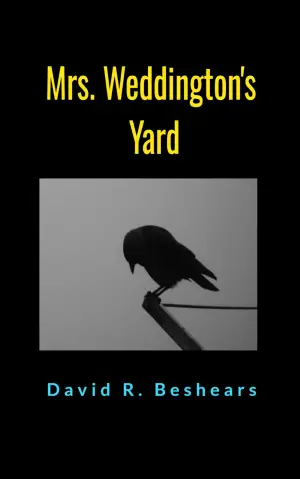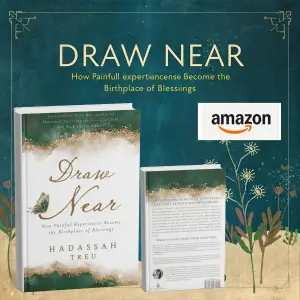Book Review: Psychopath Free: Expanded Edition by Jackson MacKenzie
As a book blogger, I often find myself drawn to works that delve into the complexities of human relationships—the kind that both challenge and resonate. Jackson MacKenzie’s Psychopath Free: Expanded Edition caught my attention for its formidable subject matter: recovering from emotionally abusive relationships with narcissists, sociopaths, and other toxic individuals. In today’s world where emotional intelligence is increasingly recognized, this book serves as a beacon for those navigating the murky waters of psychological manipulation.
From the start, MacKenzie establishes a comforting yet assertive tone, making it clear that the reader is not alone in their experiences. This book isn’t just about identifying psychopaths; it’s about reclaiming your power and understanding that the aftermath of such relationships doesn’t have to define you. MacKenzie emphasizes that recovery is an active choice, and he provides an authentic roadmap to help individuals find self-respect and validation—essential tools on the journey toward healing.
Throughout the book, the recurring themes of empathy and resilience struck a chord with me. MacKenzie offers personal anecdotes alongside compelling psychological insights that shed light on the tactics employed by manipulative individuals. His ability to weave personal stories with educational content creates a narrative that is not just informative but also deeply relatable. The richness of the writing is enhanced by MacKenzie’s personal reflections, making readers feel as if they’re having a heartfelt conversation with a trusted friend.
The pacing flows gracefully, enabling the reader to absorb complex ideas without feeling overwhelmed. Particularly memorable are MacKenzie’s reflections on the “love-bombing” techniques often used by psychopaths. His ability to articulate the emotional turmoil experienced by victims is both chilling and enlightening. One quote that resonated with me was: “You are not defined by your pain, but instead by the choices you make along the way.” This powerful reminder lingers long after the page is turned.
While many readers found certain sections repetitive, I saw this as reinforcing important lessons that needed to sink in—reiterating that recovery isn’t a straightforward journey; it’s fraught with setbacks and revelations. Personally, this made me appreciate the book’s structure more, as it continuously encouraged introspection and self-care.
In conclusion, Psychopath Free is an essential read for anyone who has dealt with the aftermath of a toxic relationship. It’s like having a wise friend guide you through the darkest of times, empowering you to understand your worth. I believe this book is particularly significant for those who have felt gaslighted or dismissed by others, as it gives a voice to your experiences and reassures you that healing is not only possible but within reach.
If you’re looking for validation, insight, and a pathway to recovery, Psychopath Free may just be the companion you’ve needed. Jackson MacKenzie’s compassionate guidance not only illuminates the path but also restores your belief in love, empathy, and, most importantly, yourself.






